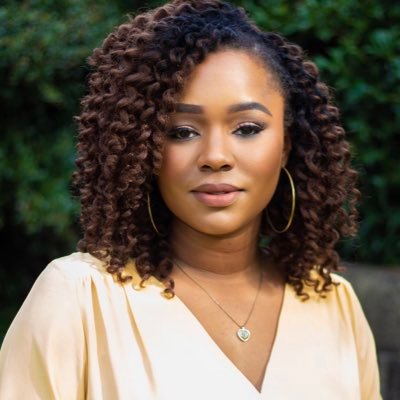
As airline companies compete to be the No. 1 customer choice for flying the skies, the adoption of environmental responsibility standards is becoming much more prevalent.
From curbing water usage, to better management of air traffic systems, to encouraging passengers to share a can of soda (and you thought they were just being cheap), the breadth of initiatives companies are trying out to reduce their footprint elicits greater accountability within the $708 billion dollar airlines industry.
The latest company coming to the table with rather unique plans to help cut the nearly 2 percent global carbon emissions rates produced by the aviation industry is none other than Southwest Airlines. Having cracked the top 100 in Newsweek's annual green company rankings this year, Southwest is demonstratively making good on its commitment to pursue triple-bottom-line growth in the name of environmental stewardship and global citizenship.
Through its Evolve campaign, Southwest designed a large-scale retrofit of its entire fleet to enhance customer comfort and improve overall fuel efficiency. Approximately 80,000 leather seat covers were replaced with durable and environmentally-responsible materials that lighten the load of the plane by a whopping 600 pounds — a number that the company reports will translate into significant fuel savings and subsequent carbon emissions.
In a recent interview with Triple Pundit, Marilee McInnis, senior manager of culture and communications for Southwest, said the airline is seeking opportunities to source new materials, overhaul its fleet, and reduce consumption and fuel costs in the process.
Repurpose with purpose
Once the leather was out and the eco-materials were in, Southwest still had one problem to address: Where to send all of those leather seats — 43 acres of material in total — if landfill is not an option.
The process of upcycling the leather, or converting waste materials into products of greater value, provided Southwest Airlines with a unique opportunity — albeit a challenging one considering the abundance of materials.
“We looked for over a year ... for partner organizations. We’ve learned how difficult it is to upcycle corporate waste,” McInnis told Triple Pundit. “It truly is rather difficult. It brought to light that we as a society don’t think about the end result. Upcycling is a whole new ball game. It has been a tremendous learning opportunity.”
In spite of being met with several challenges to make use of its waste materials, Southwest landed an opportunity to leave a positive impact on communities around the globe.
One example is its recent introduction of LUV Seat: Repurpose with Purpose, a multi-phase sustainability program that partners with social enterprises in Nairobi, Kenya, the Republic of Malawi and the United States, to produce goods that create opportunities for training and employment while preventing additional waste.
“The Evolve redesign was a major milestone in supporting our sustainability goals,” Bill Tiffany, vice president of supply chain management at Southwest Airlines, said in a press statement. “But we didn’t want to stop there — with the pilot of LUV Seat in Nairobi, Malawi, and the United States, we’re embarking on a new vision of social impact through training, job creation and ultimately product donation. We look forward to identifying additional partners through a call to action for our employees, customers and the general public to share their ideas of what we should do with the remaining leather.”
In its initial multi-year campaign, the Southwest LUV Seat program will be used in connection with the following organizations:
- In Nairobi, Kenya, the project’s pilot location, SOS Children’s Villages Kenya, Alive & Kicking, Masaai Treads and Life Beads Kenya will use the excess leather to produce goods for distribution to local community groups.
- TeamLift, a U.S. organization supporting education and healthcare for women and children in sub-Saharan Africa, will develop a leather-works training program to teach young women important entrepreneurial skills while generating proceeds to support the program.
- In the U.S., LooptWorks, an apparel and accessories brand that rescues premium excess materials to design and produce sustainable, limited-edition products, will upcycle LUV Seat leather into high-quality goods as part of Southwest’s celebration of the end of the Wright Amendment in Dallas.
Call to conversation
Southwest’s new initiatives are laying the stage for thought leadership in corporate waste disposal among competitors: In the current landscape, most businesses are not set up to upcycle corporate waste. To encourage the shift in thinking, McInnis offers a simple question to spur internal conversations within companies as they consider the after-life of their supply chain outputs: Is there something else we can do with this?
Sherrell Dorsey is social impact branding and communications strategist, social entrepreneur and advocate for environmental, social and economic equity in underserved communities. Visit Sherrell atwww.sherrelldosey.com and follow her on Twitter and Instagram @sherrell_dorsey.

Sherrell Dorsey is a social impact storyteller, social entrepreneur and advocate for environmental, social and economic equity in underserved communities. Sherrell speaks and writes frequently on the topics of sustainability, technology, and digital inclusion.














